The word “bold” could be defined as the willingness to take risks. What has this got to do with cinema, or for that matter, any form of art? The fact that great works of art have all endured a great deal of pain and anguish is what makes them so profound and powerful. And all great works of art, I believe, have come at the cost of a harrowing sacrifice made by an artist in a fervent endeavor to break free from the shackles of artistic traditions and norms, thereby, liberating the art into spaces devoid of control and regime. In the context of cinema, bold is a word that any ardent cinephile would instantly associate with names like Kubrick, Godard and Akerman.
This article attempts to honor some of the boldest pieces of cinematic art that have captivated the fascination of film connoisseurs around the world; some of which are now widely revered and celebrated by film zealots and some of which have been sadly overlooked over the years for their sheer audacious and experimental approach that have incidentally changed the course of cinema and shaped it the way as we know it today. So here is a compilation of bold films that, in my opinion, have been pushed the boundaries of cinema.
10. ‘Eraserhead’, David Lynch
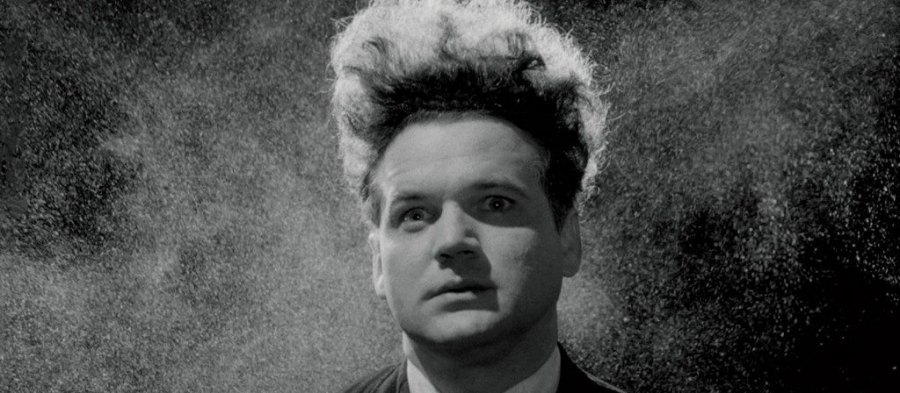
In one of the greatest directorial debuts ever in cinema, David Lynch spawned a new genre of surrealist body horror films with a cinematic nightmare that transcends earthly emotions and feelings into his world plagued by surrealistic nightmares and ensnared in a sense of utter mystification. ‘Eraserhead’ was exposed to much hatred and loathing during its initial release due to its bold use of visuals and strong sexual undercurrents that permeate the film with an inexplicable sense of horror and psychological discomfort. The film slowly garnered a cult following among midnight movie circles and is now a highly revered piece of cinematic art among hardcore film fanatics and Lynchians. Heavily influenced by the likes of Ingmar Bergman and the European style of surrealistic filmmaking, Lynch crafted a seminal piece of art that would later influence the works of many contemporary directors including Darren Aronofsky and Anurag Kashyap.
9. ‘The Tree of Life’, Terrence Malick
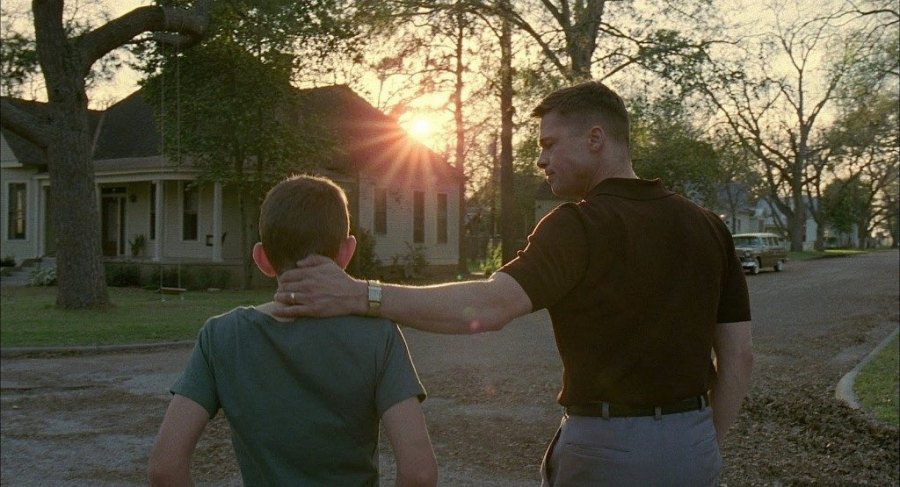
No filmmaker since the great Andrei Tarkovsky has managed to seamlessly weave profound philosophical aspects of life using the pure cinematic vocabulary in a way that Terrence Malick has. ‘The Tree of Life’ is unarguably his magnum opus and a staggering achievement in filmmaking. The film chronicles the childhood of a middle-aged man and uses it to explore the origins of the universe and inception of life on Earth. Malick valiantly defies conventional cinematic grammar and disregards a structural narrative for the film, demanding his viewers to experience the sheer grandeur of the universe and questions our relationship with the ethereal nature of the Earth and the meaning and purpose behind our existence. Philosophically affluent and visually astonishing, ‘The Tree of Life’ is an experience that goes beyond what our meager intellectual powers could ever analyze or comprehend; one that every human being on the planet must savor before they die.
8. ‘Synecdoche, New York’, Charlie Kaufman
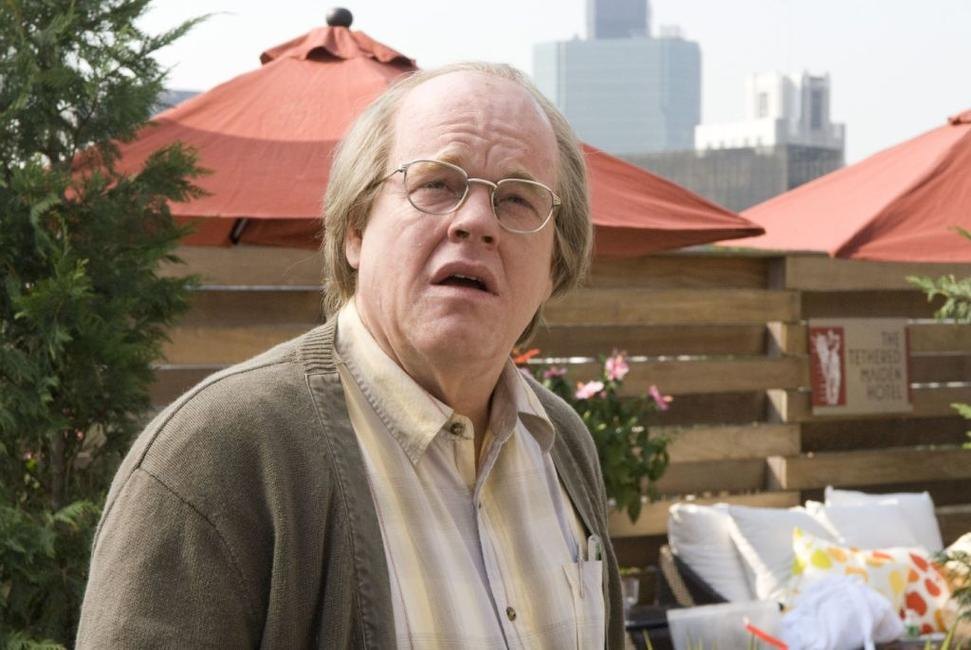
If ever there was one man who could anatomize the human psyche into fragments of distorted emotions, he is Charlie Kaufman. A visionary screenwriter and a spokesperson for the perennial outsider yearning for love and liberation from the clutches of mediocrity and existential numbness, Kaufman pushed his way behind the camera in 2009 with ‘Synecdoche, New York’; a postmodern experimental drama that starkly divided critics on its release due to its surrealistic overtones and bizarre storytelling style. “Incomprehensible”, “pretentious”, “self-indulgent” were words tossed by critics as the thematic elements of the film continue to be discussed and dissected by film enthusiasts.
The film follows an ailing theater director whose obsession with realism begins blur the boundaries between fiction and reality as he convinces his actors to live within the constructs of the city created. Underneath the chaotic emotional discharge and thematic complexities, ‘Synecdoche, New York’ is a film about us; the life we live, the feelings we possess and the desires we cherish; a film whose stature would only climb up in the coming years for its soaring ambition and seductive boldness.
7. L’Avventura, Michaelangelo Antonioni
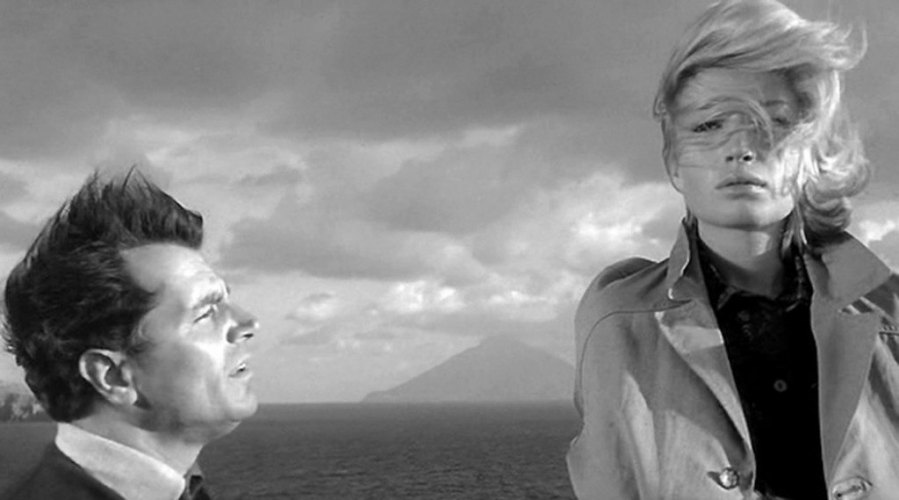
Michaelangelo Antonioni was an auteur well and truly ahead of his times. Antonioni chiseled a cinematic language that predominantly focused on visuals and designs over character arc and plot development. His 1960 mystery drama, ‘L’Avventura’ was a landmark achievement in cinema that transmuted narrative structure into a breathing space for contemplation and introspection. A deeply melancholic and weirdly funny exploration of the futility of human relationships, ‘L’Avventura’ centers around the disappearance of a woman during a boating trip as her lover and her best friend become ensnared in the labyrinth of romance and infatuation during the subsequent search for her. Booed and jeered by audiences during its premiere at Cannes, the film redeemed itself as it went on to bag the Jury Prize at the same venue 2 weeks later and has since received immense critical acclaim for its bold, visually stylistic and innovative approach to storytelling.
6. ‘Jeanne Dielman, 23 Quai du Commerce, 1080 Bruxelles’, Chantal Akerman
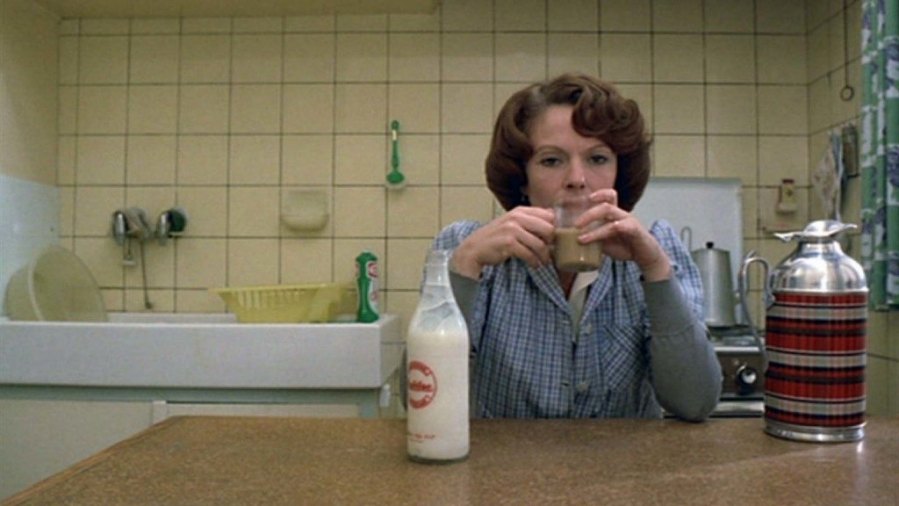
A 24 year old Chantal Akerman intrudes the world of cinema with a fiercely bold, raw, authentic style and approach to filmmaking, soaked in a sense of Hyperrealism that was hitherto unseen in cinema. ‘Jeanne Dielman, 23 Quai du Commerce, 1080 Bruxelles’ is perhaps the greatest film that explores mundanity and is unquestionably the finest feminist film in cinema history. Akerman forces the viewers to observe an ignored life, rotted by the mundanities of a banal existence. The film captures the life of Jeanne Dielman, a single, widowed mother who works as a prostitute to make ends meet for herself and her teenage son. What Akerman does here is pull extensive focus on Dielman’s regimented day to day schedule of cooking, cleaning, shopping and mothering over 3 days, turning the most humdrum episodes of her life into a harrowing exploration of existence and self-alienation. Akerman juxtaposes Dielman’s silent existence in the film with the underlying seething rage on patriarchal conditions that forms the thematic structure of the film. ‘Jeanne Dielman, 23 Quai du Commerce, 1080 Bruxelles’ is now widely regarded as a masterpiece of avant-garde cinema and one of the greatest films ever made.
5. ‘Rashomon’, Akira Kurosawa
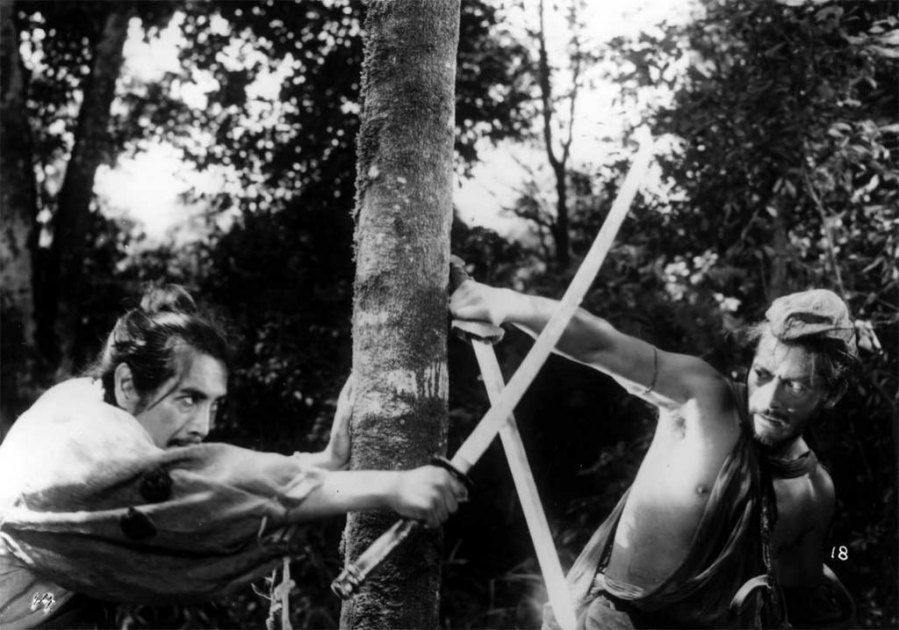
Trying to pick a single Akira Kurosawa film for the list was an incredibly challenging task considering the amount of technical and narrative innovations the man pioneered with every film that spewed out of his repertoire of unparalleled cinematic prowess. ‘Rashomon’, in my humble opinion, is his boldest and most exciting work; one that pushed the existing cinematic boundaries, exploring possibilities in the form and structure of cinema. Kurosawa experimented with an unconventional narrative structure that involves various characters providing varied, contradictory perspectives of the same incident, intensifying the mystery element in the film. The film is noted for its exquisitely innovative use of lighting, editing and music that have influenced the styles of countless filmmakers across the globe.
4. ‘The Mirror’, Andrei Tarkovsky
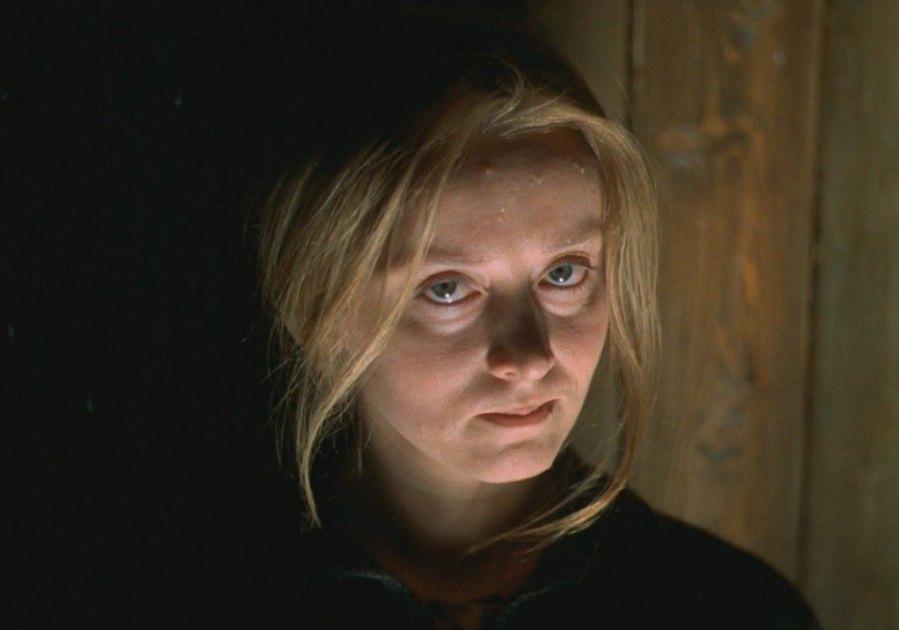
The cinema of Andrei Tarkovsky is a philosophical ocean of life, human existence, childhood and dreams. With ‘The Mirror’, Tarkovsky forged a cinematic language of his own; one that uses the serene aesthetics of life, haunting reflections of childhood and the cascading moments of time. The film is an unbridled flow of human emotions and on-screen poetry, replete with dreamy sequences and stunning imagery. ‘The Mirror’ narrates the story of a dying poet who recalls memories from his childhood and the tragic events of the 20th century that devastated the people of Russia. The film is virtually plot-less and follows a nonlinear narrative structure that polarized critics during its initial release with most of them deeming the film incomprehensible. The film’s stature has grown substantially over the years and has been a frequent entry on polls listing the greatest films of all time. ‘The Mirror’ is a top favorite of many modern day auteurs including Michael Haneke and Nuri Bilge Ceylan.
3. ‘Breathless’, Jean-Luc Godard
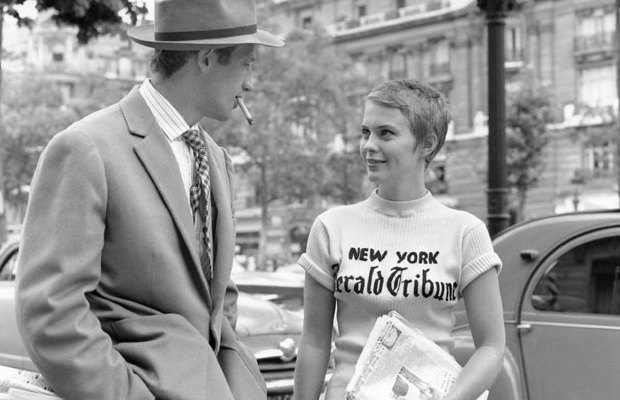
French auteur Jean Luc-Godard hated the word “tradition” and out of this vehement dislike for the existing cinematic regimes came a breathtakingly innovative piece of art that forever changed the course of filmmaking in cinema. Often regarded as the most influential example of the French New Wave cinema, ‘Breathless’ defied conventions and norms with a level of audacity and unflinching boldness that probably no other film has. The film’s unconventional editing style with use of frequent jump cuts along with the highly stylized visuals and a radically distinctive approach to storytelling, created ripples in the filmmaking realm, spawning a generation of maverick minds with a liberated sense of artistic ambition and drive. ‘Breathless’ is perhaps the greatest film that reflects the youth of a time in history; a youth gliding through a life so carefree with utter contempt for authority and a turbulent conflict of desires and ambitions.
2. ‘Citizen Kane’, Orson Welles
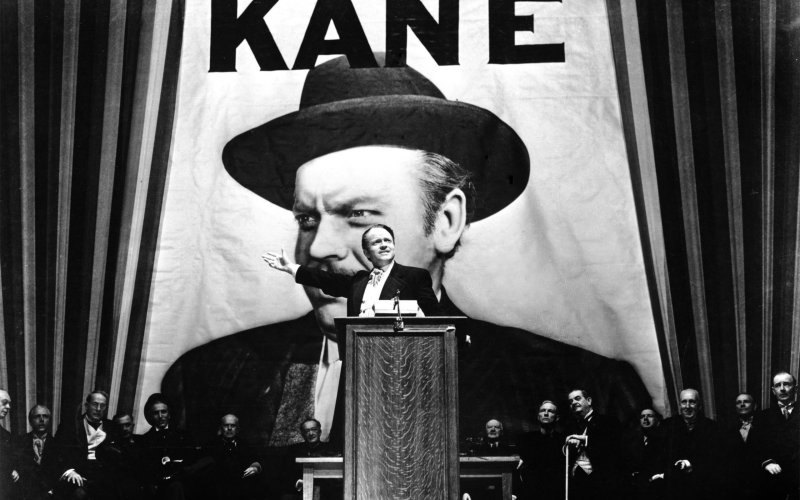
No list on filmmaking would be complete without a mention of this cinematic revolution. And why not? ‘Citizen Kane’ laid the foundations for everything that is commonly associated with filmmaking in mainstream cinema today. Written, directed by and starring Orson Welles, ‘Citizen Kane’ is a fascinating character study of a big shot newspaper publisher named Charles Foster Kane whose mysterious last word has piqued the curiosity and intrigue of a newspaperman as he sets out to discover its meaning. Welles smartly uses flashback sequences and interviews, exploring the man as we see him go from being an idealistic young man to a cutthroat business tycoon. Right from its cinematography and innovative camera techniques to music and narrative structure, ‘Citizen Kane’ pioneered a huge array of filmmaking techniques that have been exemplary and groundbreaking in their approach and execution.
1. ‘2001 : A Space Odyssey’, Stanley Kubrick
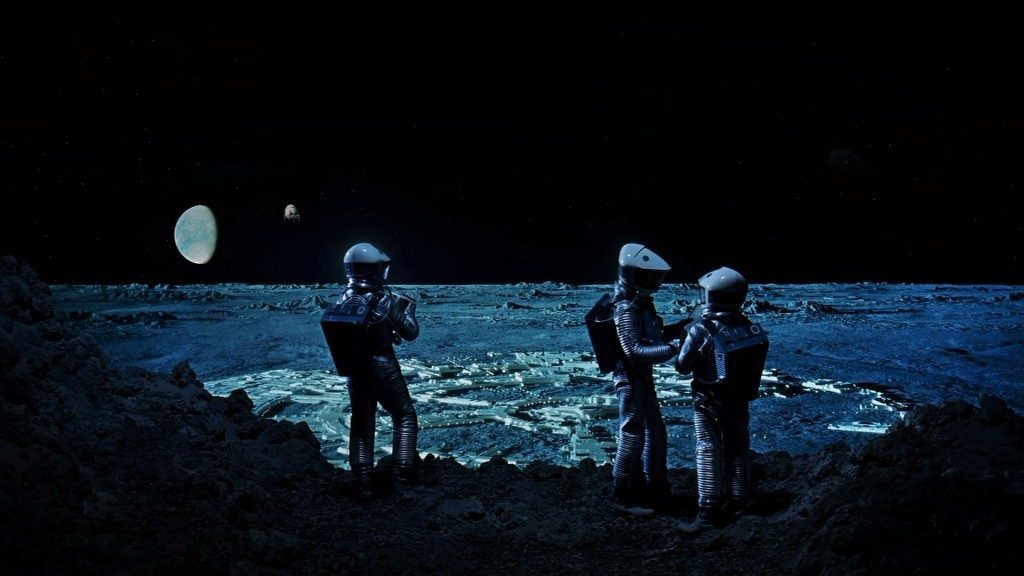
This choice was a bit of a no-brainer if I am being honest. Not a single film that I can think of has almost single-handedly revolutionized the form of cinema the way this gargantuan Stanley Kubrick masterpiece has. The sheer vision of the man seeps through every single frame, crafted with a manic sense of cinematic perfection that would make any contemporary filmmaker go weak at the knees. The film redefined the concept of storytelling and narrative structure in cinema and its thematic ambiguities continue to enthrall film critics and movie buffs even today. Using staggering visuals, extensive classical music soundtrack and deep philosophical overtones of technology, human evolution and enigmatic forces in the outer space that control human existence, Kubrick created a masterpiece that has endured the hate and bewilderment of its viewers at the time and has since clawed its way over to be regarded as the greatest science fiction film ever made. ‘2001: A Space Odyssey’ is the greatest cinematic venture in history; one that quite literally transcends time and space.
Read More: Best Movie Franchises of All Time

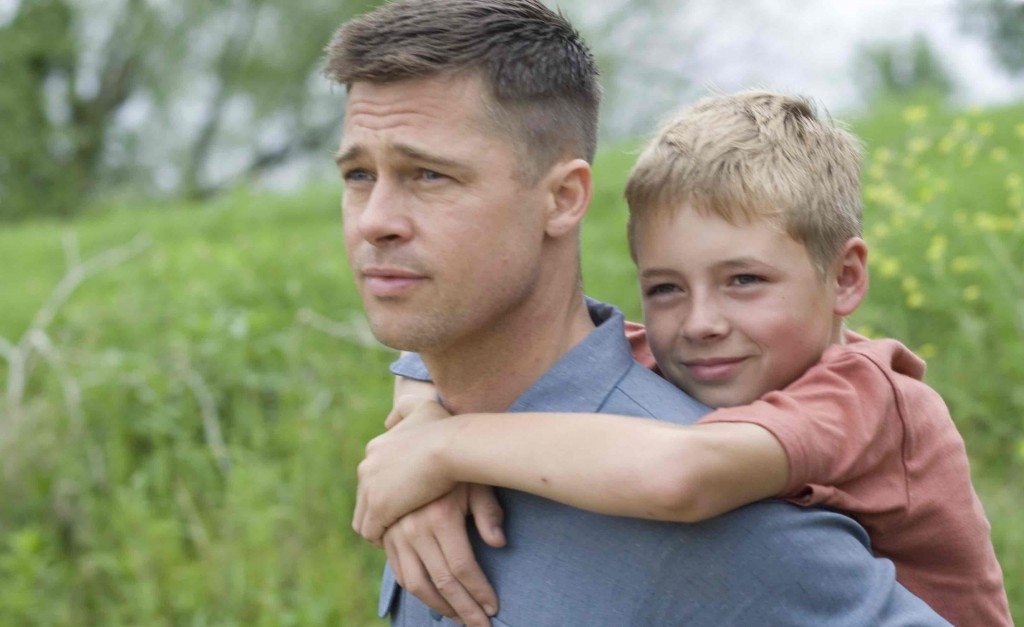
You must be logged in to post a comment.